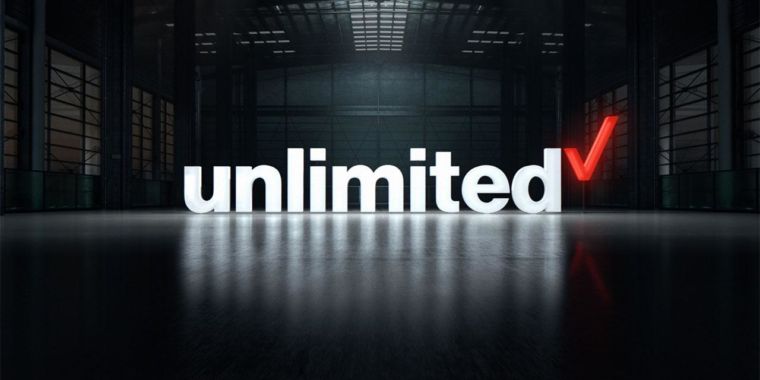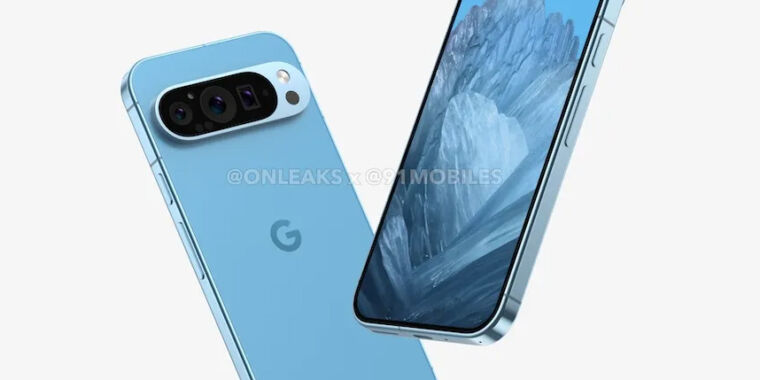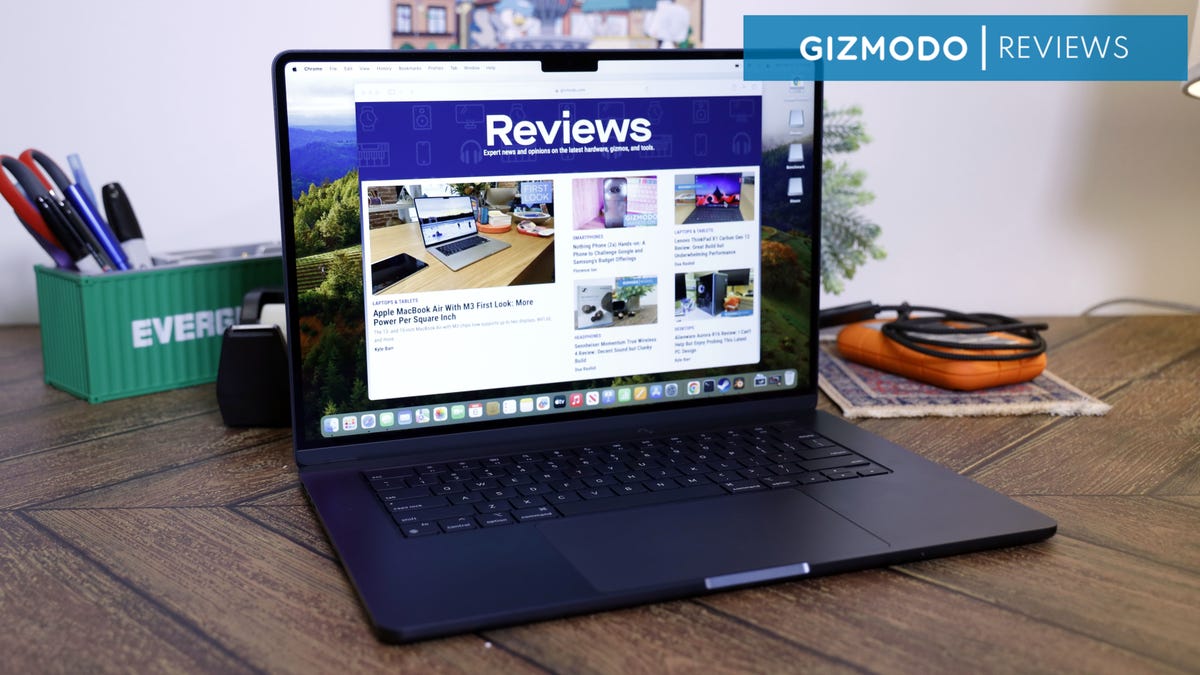Verizon, T-Mobile, and AT&T Settle with US States Over Deceptive Advertising Claims
Three major US carriers, namely T-Mobile, Verizon, and AT&T, have agreed to pay a combined amount of $10.2 million in a settlement with multiple states in response to allegations of false advertising practices. The settlement, announced by New York Attorney General Letitia James, follows a multistate investigation that revealed misleading claims made by the carriers regarding their wireless plans and device offerings.
Details of the Settlement
According to the Attorney General’s office, the investigation found that the companies engaged in deceptive advertising practices, including misrepresentations about the nature of “unlimited” data plans and the cost of supposedly “free” phones. T-Mobile and Verizon are each set to pay $4.1 million, while AT&T will pay just over $2 million. The settlement also encompasses AT&T’s subsidiary, Cricket Wireless, and Verizon’s subsidiary, TracFone.
Forty-nine out of the 50 US states, along with the District of Columbia, participated in the investigation, with Florida being the sole exception. The findings revealed that the carriers misled consumers by offering data plans that were, in reality, limited, promoting free phones that came with hidden costs, and making false claims about the benefits of switching wireless plans.
New York Attorney General Letitia James condemned the carriers’ actions, stating that they had misled millions of consumers with promises of free devices and unlimited data, which turned out to be false. She emphasized that no company is above the law and that consumers should not be duped into paying for services that are not as advertised.
Implications of the Settlement
While the carriers have denied any wrongdoing, the settlement requires them to implement changes in their advertising practices. Although it remains uncertain whether consumers will receive refunds as a result of the settlement, the states have the flexibility to allocate the settlement funds towards various purposes, including consumer protection enforcement, education, litigation, or restitution.
The agreement also stipulates that all future advertisements to consumers must be truthful, accurate, and non-misleading. Additionally, the carriers must adhere to specific advertising restrictions, such as ensuring transparency in promoting “unlimited” data plans, disclosing terms related to switching carriers or obtaining free devices, and providing clear information on device leasing agreements and savings claims.
These advertising restrictions are to be enforced for the next five years as part of the settlement terms. T-Mobile, one of the involved carriers, expressed relief at concluding the investigation and affirmed their commitment to transparent and consumer-friendly advertising practices.
Both AT&T and Verizon declined to comment individually on the settlement and referred inquiries to their industry lobby group, CTIA. The group emphasized that the agreements do not imply any admission of improper conduct and underscored the wireless industry’s dedication to honest and transparent advertising practices.
Image/Photo credit: source url





